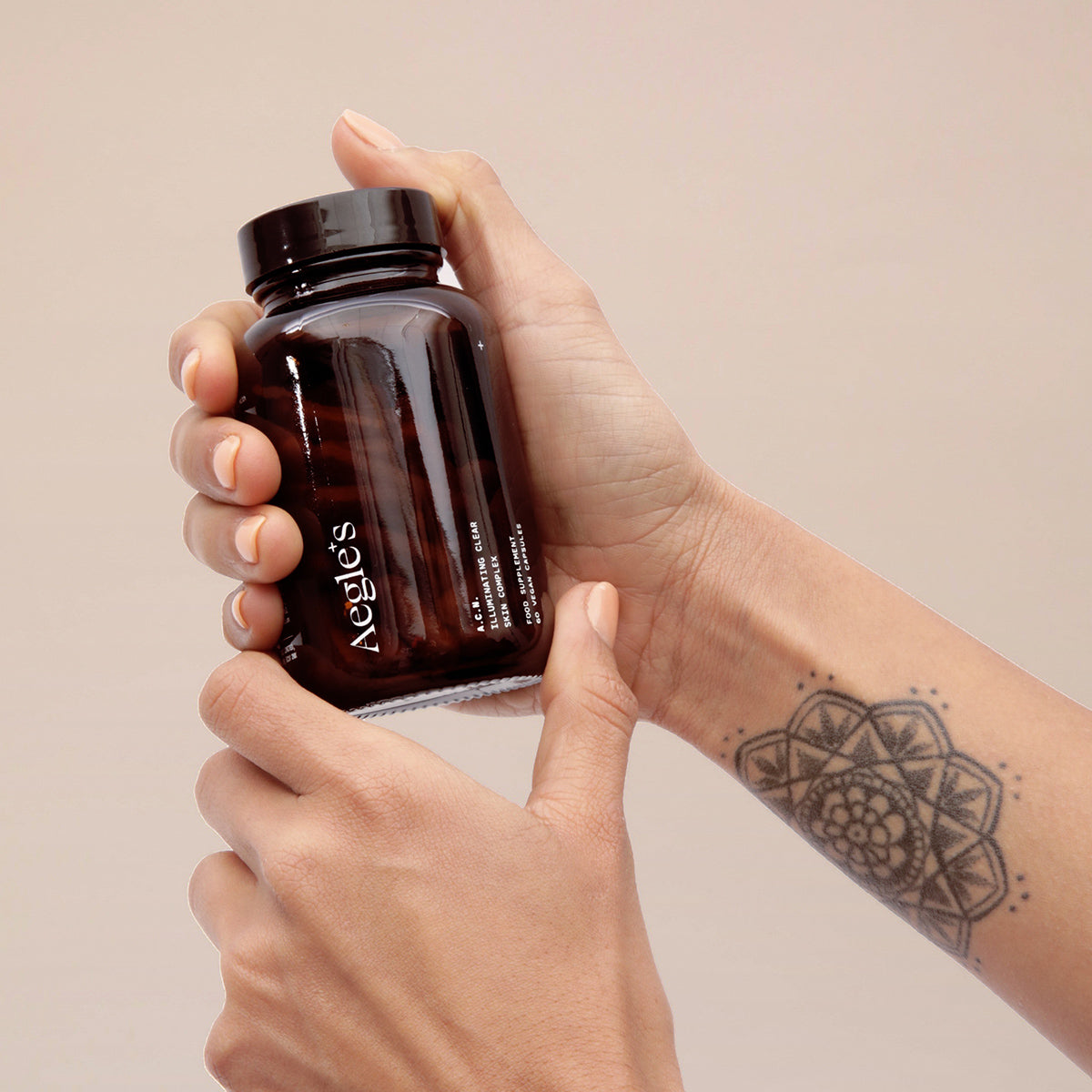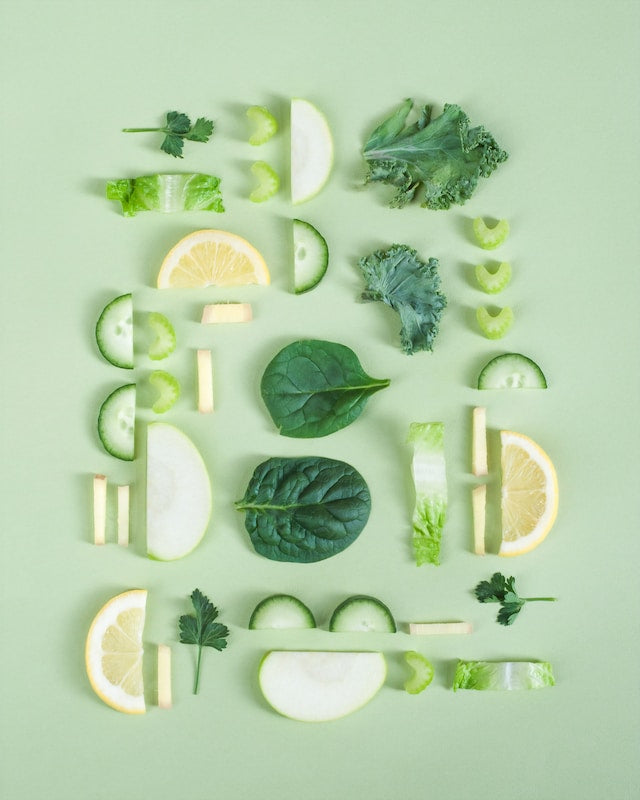Everyone has an opinion on skin problems. In this article, we’ll bust some of the biggest skin myths.
Myth: Blemishes are caused by poor hygiene
Despite popular belief, breakouts are not caused by poor hygiene.
For a blemish to form, a pore must first become clogged by excess sebum production, oils or dead skin cells.
While it’s true that cleansing the skin can help remove oils and dead skin cells, it’s unlikely that poor hygiene will lead to clogged skin and cause the blemish. This is because the skin is really good at exfoliating itself.
In fact, it’s more likely that over-cleansing the skin will exacerbate breakouts by causing irritation. Cleansing products can also cause blemishes if they contain pore-clogging ingredients and oils.
However, this does not mean you can skip your cleansing routine all together. Good skincare products help to maintain a healthy acid mantle and skin microbiome, which are beneficial in preventing breakouts. There are also natural skincare products that contain plants and essential oils that can prevent and heal breakouts.
Myth: Only teenagers get blemishes
While it's true that breakouts are most common in teenagers, for women it can occur at any age between puberty and menopause. Adult breakouts are becoming increasingly common, with many women experiencing blemishes well into their 30s and 40s.
Myth: Eating greasy or oily foods causes blemishes
Eating greasy or oily foods does not directly cause blemishes. In fact, including some healthy oily foods in your diet, such as olive, hemp, oily fish and coconut oil actually benefits skin health.
However, consuming unhealthy fats and greasy foods is not good for overall health, especially if consumed regularly and over a long period of time. And, as the body is a holistic vessel, an imbalance in general health can contribute to skin inflammation. While this is not a direct cause, it can be a contributing factor.
It’s also important to note that diet does have a direct link to breakouts. A diet high in simple carbohydrates, refined sugars, and dairy products is one of the leading causes of chronic breakouts in both men and women.
Myth: Chocolate causes blemishes
The cacao bean, which is the main ingredient in chocolate, contains properties that are beneficial to the health of the body and of the skin. Cacao provides the body with good healthy fats, and is one of the richest sources of magnesium.
Magnesium reduces blood-sugar, calms the nervous system, normalises progesterone, and activates vitamin D – all of which are beneficial to hormonal health and for keeping the skin clear.
For this reason, dark chocolate in small amounts is a beneficial addition to a healthy skin diet.
However, most confectionary milk chocolates have a high sugar content, so they can cause blemishes when consumed in excess.
Myth: Blemishes are only a cosmetic issue
It’s only in very minor cases of blemishes that it is just a cosmetic issue. In most cases, blemishes are caused by an imbalance in the body.
Blemishes can also have a significant impact on your mental and emotional well-being. It can lead to feelings of self-consciousness, low self-esteem, and anxiety. In severe cases, blemishes can also lead to depression.
Myth: Sun exposure clears up blemishes
While it's true that exposure to sunlight can temporarily improve the appearance of blemishes, this is only a short-term solution. In the long run, sun exposure can actually make blemishes worse by causing inflammation and damaging the skin. It's important to wear sunscreen and protect your skin from the sun, even if you have blemishes.
There are lots of sunscreen options for blemish-prone skin. The zinc found in many natural sunscreens can even be beneficial in healing blemishes as zinc has anti-inflammatory and antibacterial properties.
Myth: You should pop your pimples to get rid of them
Popping or squeezing pimples can make acne worse by pushing the bacteria deeper into the skin, causing inflammation and more breakouts. It can also lead to scarring and hyperpigmentation. It's best to stop picking and squeezing and let the skin heal with the use of topical treatments, while also working on healing the root cause.
Myth: Alcohol causes blemishes
Excessive or daily alcohol consumption can disrupt the gut microbiome and contribute to breakouts, but it’s unlikely to be the direct cause. If you have blemishes and you drink alcohol, opt for non-sugary drinks and always drink in moderation.
Myth: The birth control pill is a cure for blemishes
Although some types of hormonal birth control can temporarily clear breakouts, the breakouts are likely to return after stopping the medication. Coming off hormonal birth control can also be the cause of breakouts in some women who had not experienced them before.
Myth: Blemishes are genetic so they can't be cured
There is no specific gene that causes blemishes. However, genetics can play a role in whether you're prone to blemishes. For example, it may be that the women in your family tend are prone to the internal imbalances that cause blemishes.
Whatever the cause of your blemishes, there’s always a treatment plan that can completely clear the skin and prevent future breakouts.
Start your journey to heal your skin now.

Start your journey to heal your skin now.
- Contains ingredients clinically proven to improve blemishes and skin radiance.
- Formulated by one of the world's leading skin practitioners.
- The only supplement that works for the three main causes of blemishes, blackheads and oily skin.
Discover more articles
- Choosing a selection results in a full page refresh.






